Hey Google! What if, instead of setting reminders or fetching restaurant reviews, you helped crack the mysteries of biology?
That playful question hints at a radical vision now being tested in labs. AI systems are being recast not as digital secretaries, but as scientific partners—co-pilots built to dream up bold, testable ideas.
The pitch sounds revolutionary. But it also makes many scientists bristle. How much true novelty can a machine conjure? Isn’t it more likely to remix the past than to uncover something genuinely new?
For months, the controversy over “AI scientists” has simmered: hype versus hope, parroting versus discovery. But two new studies offer some of the strongest evidence to date that large language models (LLMs) can generate truly novel scientific ideas, leaping to non-obvious insights that might otherwise require many years of painstaking lab work. Both studies showcase Google’s AI-powered scientific research assistant, known as the AI co-scientist.
“These early examples are unbelievable—it’s so compelling,” says Dillan Prasad, a neurosurgery researcher at Northwestern University and an outside observer who has written about the potential for AI co-scientists to supercharge hypothesis generation. “You have AI agents that are producing scientific discovery! It’s absolutely exciting.”
AI Takes on Drug Repurposing
In one of these proof-of-concept demonstrations, a team led by Gary Peltz, a liver disease researcher at Stanford Medicine, tasked the AI assistant with finding drugs already on the market that could be repurposed to treat liver fibrosis, an organ-scarring condition with few effective therapies.
He prompted the tool to look for medicines directed at epigenetic regulators—proteins that control how genes are switched on or off without altering the underlying DNA—and the AI, after mining the biomedical literature, came back with three reasonable suggestions. Peltz added two candidates of his own, and put all five drugs through a battery of tests on lab-grown liver tissue.
Two of the AI’s picks—but none of Peltz’s—reduced fibrosis and even showed signs of promoting liver regeneration in the lab tests. Peltz, who published the findings 14 September in the journal Advanced Science, hopes the results will pave the way for a clinical trial of one standout candidate, the cancer drug vorinostat, in patients with liver fibrosis.
Bacterial Mystery Solved
In the second validation study, a team led by microbiologists José Penadés and Tiago Costa at Imperial College London challenged the AI co-scientist with a thorny question about bacterial evolution. The researchers had shown in 2023 that parasitic scraps of DNA could spread within bacterial populations by hitching rides on the tails of infecting viruses. But that mechanism seemed confined to one host species. How, then, did identical bits of DNA surface in entirely different types of bacteria?
So they tasked the AI with solving the mystery. They fed…
Read full article: Google’s AI Co-Scientist Racks Up Two Wins

The post “Google’s AI Co-Scientist Racks Up Two Wins” by Elie Dolgin was published on 09/25/2025 by spectrum.ieee.org



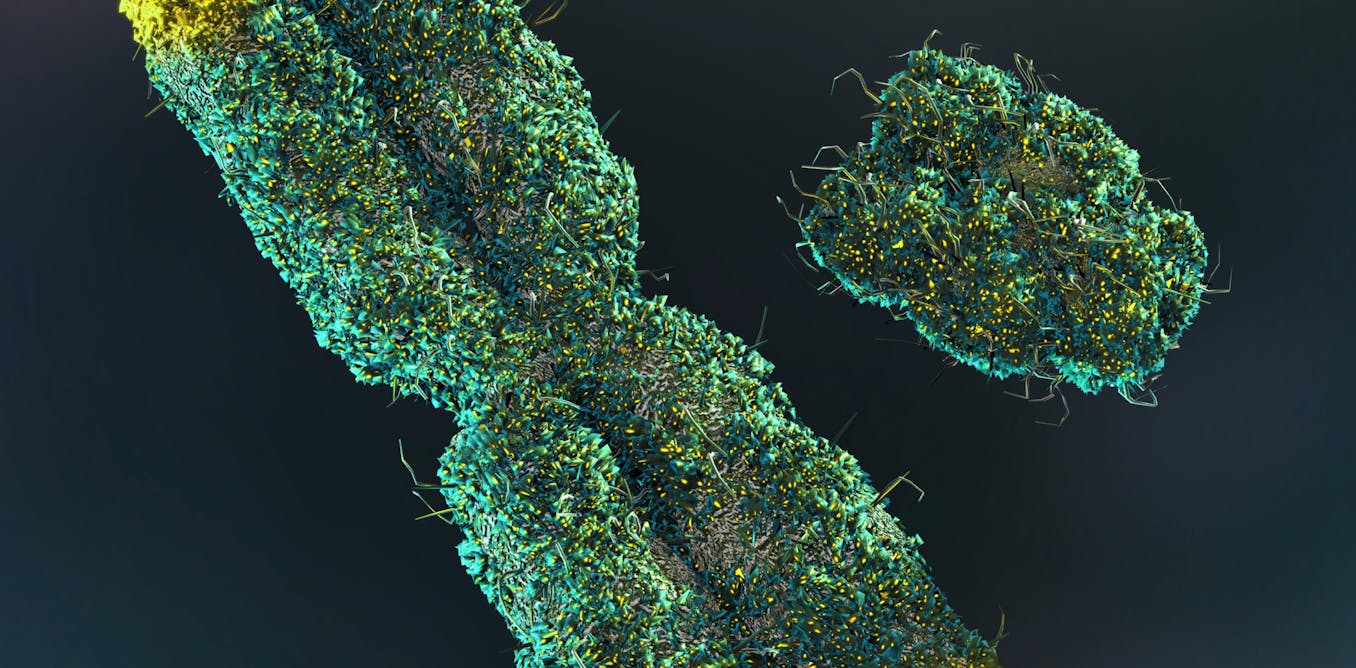
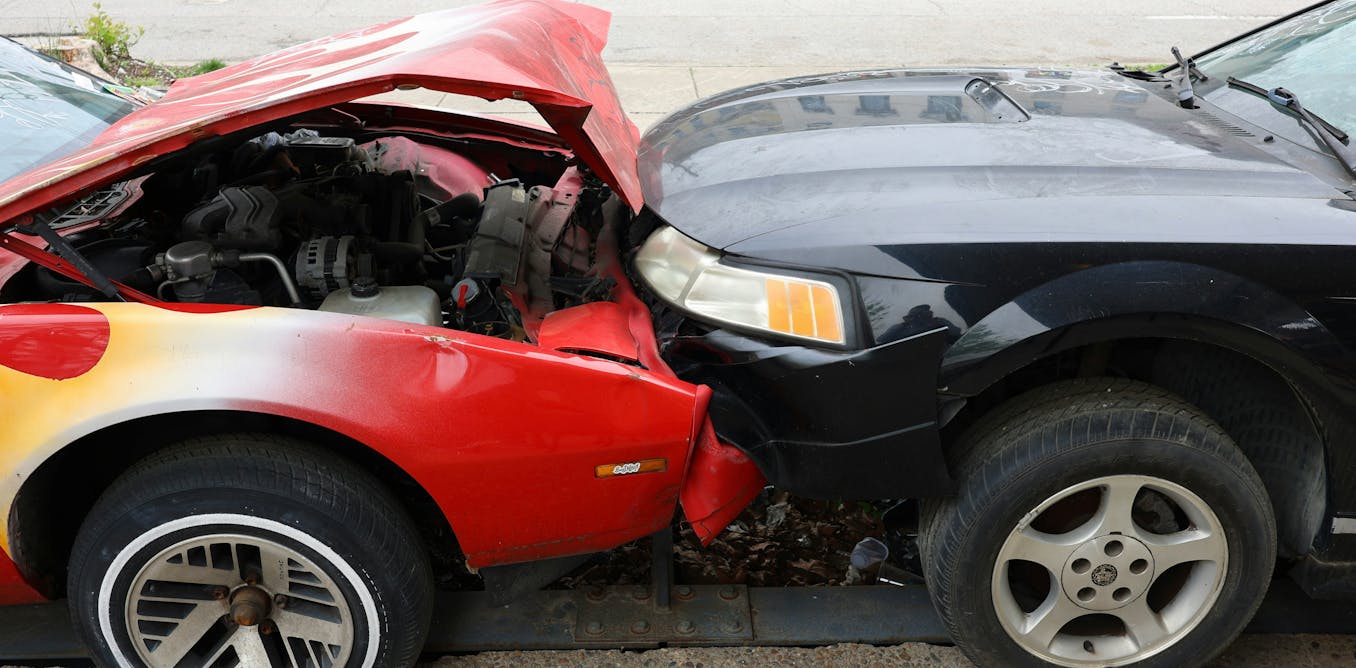


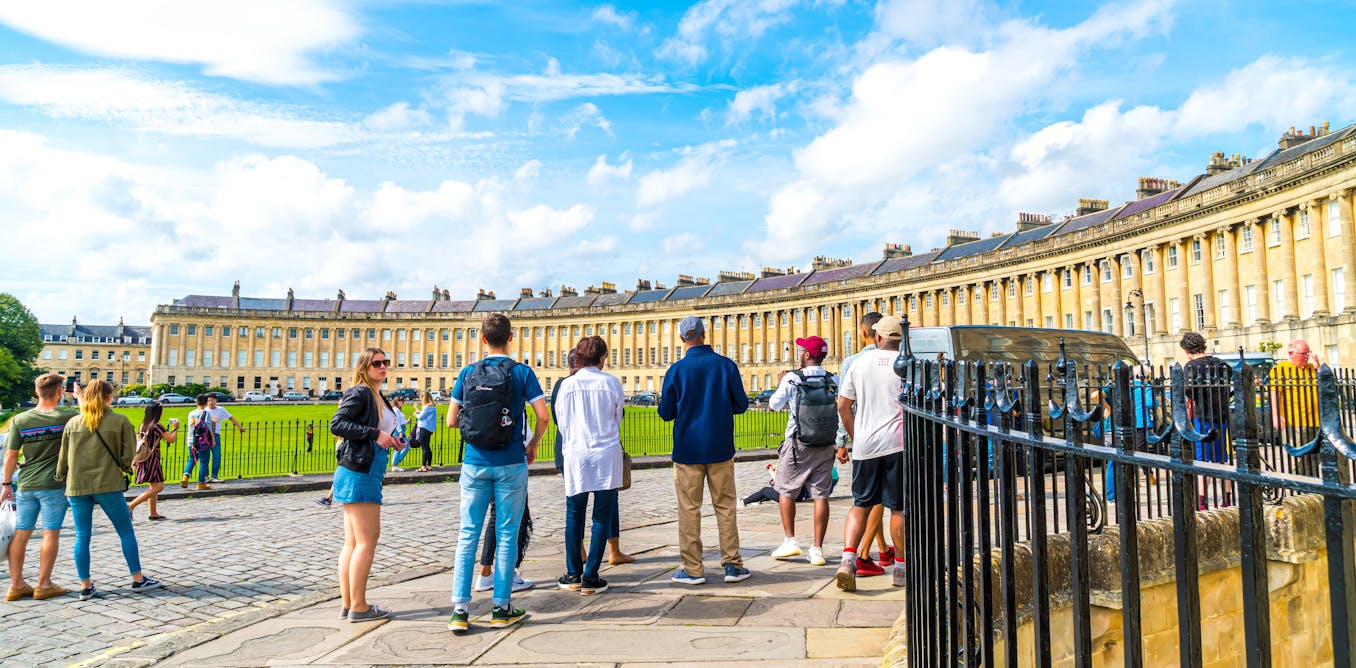
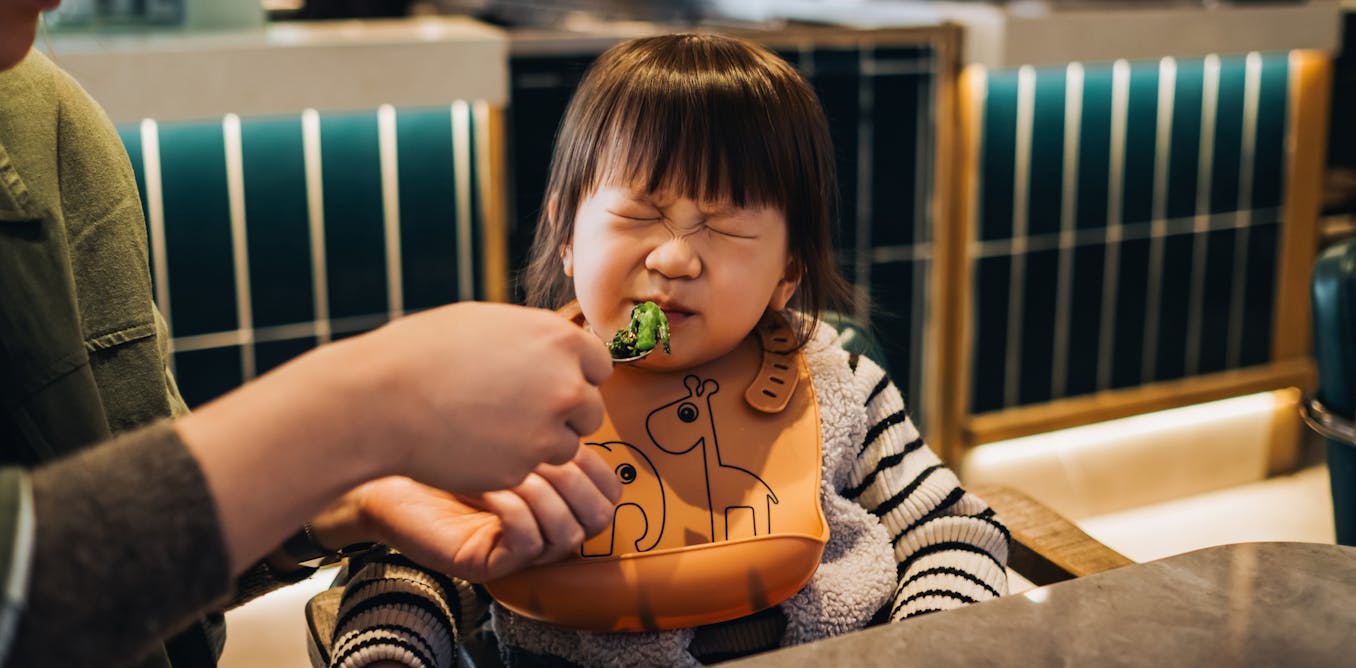

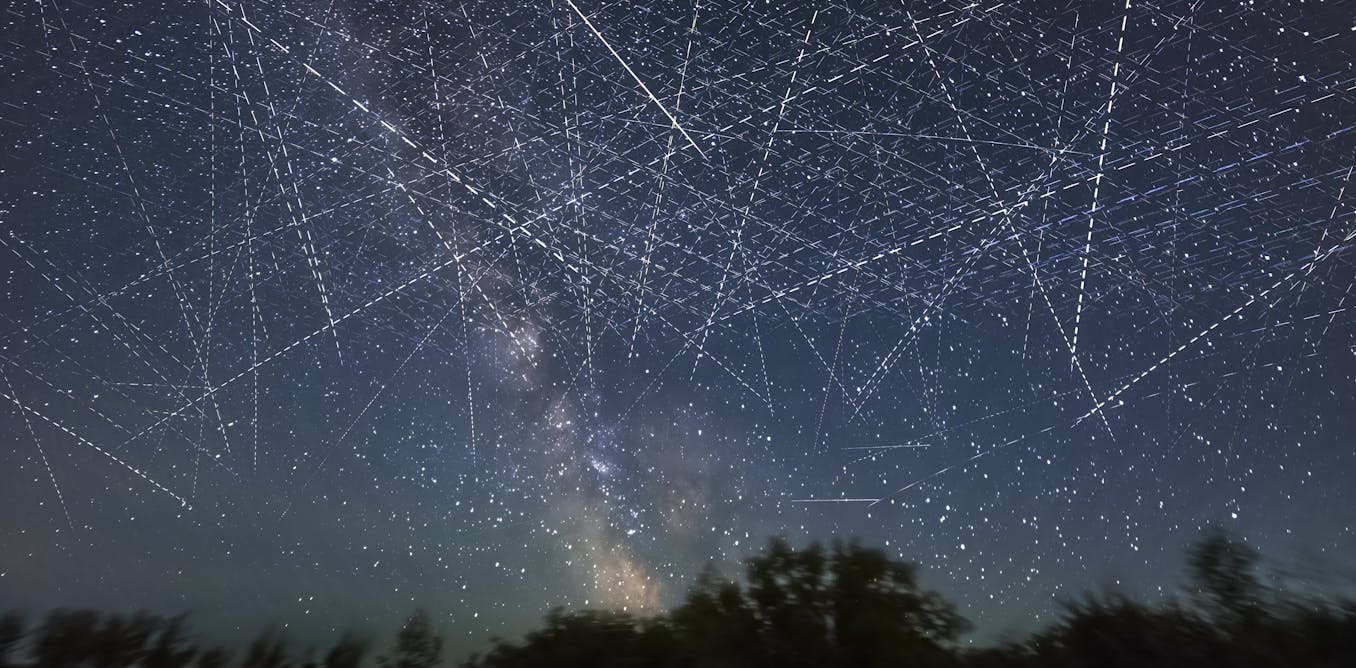





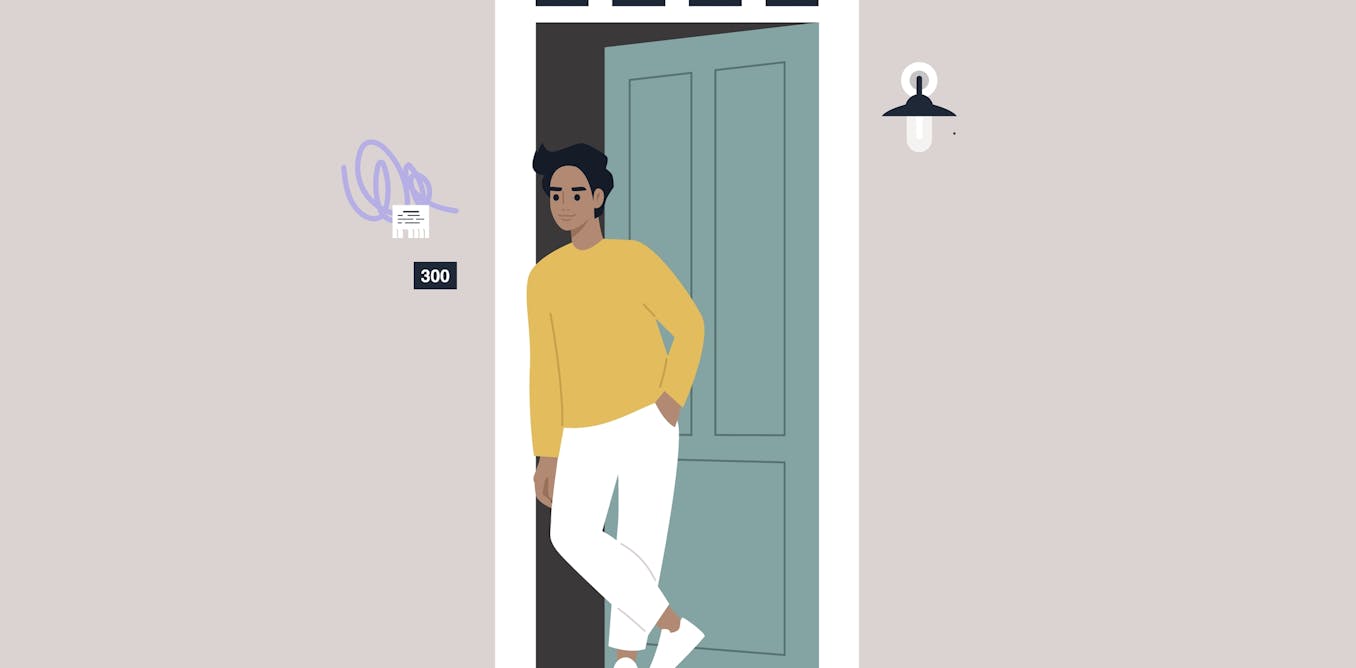

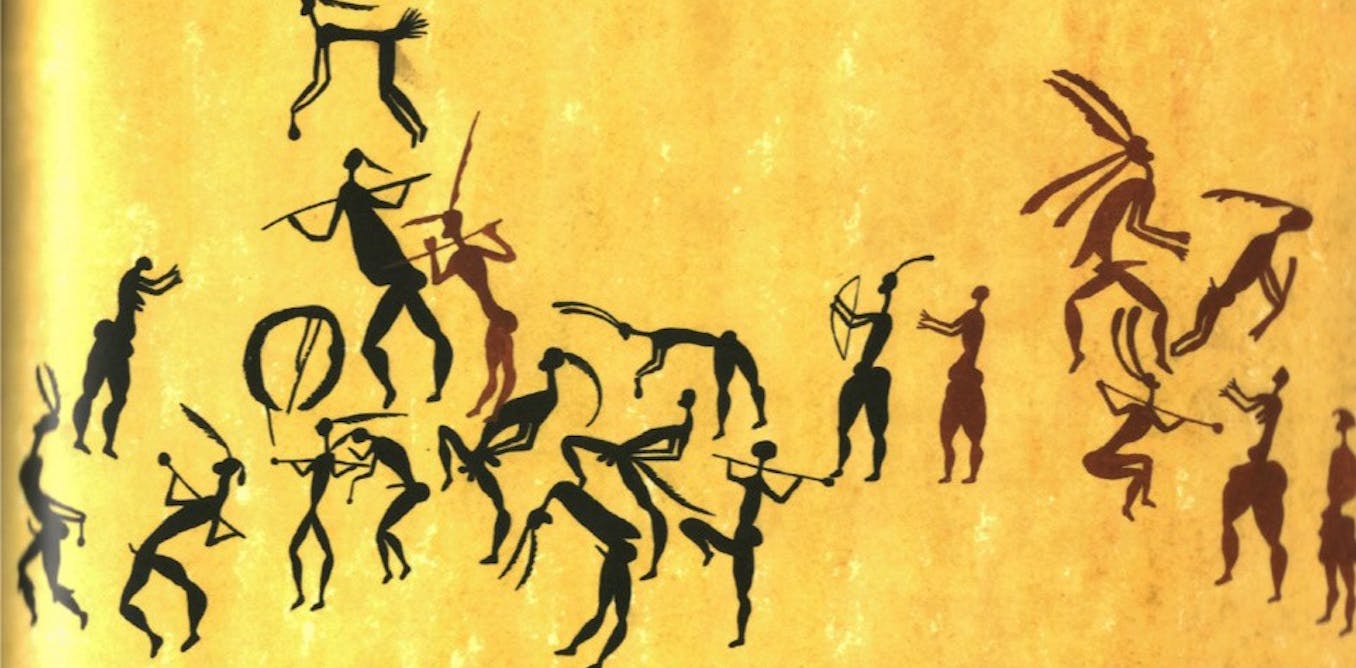




















Leave a Reply